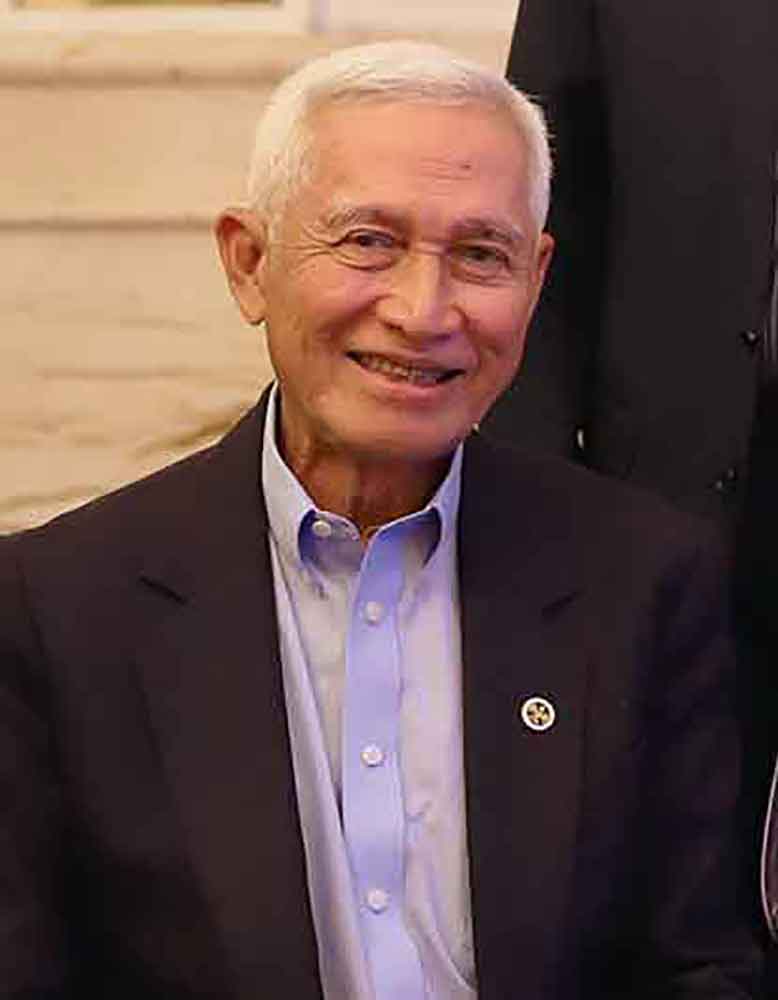A former secretary of the De-partment of Finance (DOF) is calling for the removal of the restrictive economic provisions in the 1987 Constitution which limit foreign participation in various important sectors.
In a statement yesterday, Margarito Teves said now is the most opportune time to lift the caps on foreign capital enshrined in the Constitution in order to create more and higher-paying jobs for Filipinos who are currently beset by high consumer prices.

Teves cited that the Constitution only allows Filipinos to wholly own mass media entities, while land and natural resources can only be 100-percent owned by Filipino individuals and at least 60-percent owned by local corporations.
In the education sector, the Filipino ownership caps are 100 percent for individuals and 60 percent for corporations; in advertising, 70 percent for both individuals and corporations; and a minimum of 60 percent in public utilities.
Teves said scrapping these foreign-equity restrictions would facilitate the influx of foreign direct investments (FDI) which, in turn, can temper price hikes.
The former finance chief and economist explained that additional capital would generate more businesses to supply consumer demand, thus lowering prices while ensuring higher quality of goods and services amid intensified competition.
“It will create more jobs since more businesses will result in more job opportunities for Filipinos in our own country, preempting the need to work abroad,” Teves said.
“More businesses competing for the talents and skills of Filipino employees would help improve real wages,” he added.
Teves lamented that FDIs to the Philippines, totaling only $9 billion from 2010 to 2022, were dwarfed by massive inflows to neighboring Malaysia and Vietnam ($17 billion each) as well as Indonesia ($22 billion) during the same 12-year period.
“Attracting more FDIs will help direct more capital, and thus more balanced growth in other regions,” Teves said.
While legislators in the current 19th Congress move to ease the Constitution’s limits on foreign capital, Teves wants their “outright removal” across-the-board, or without the need for additional or new laws.
In particular, Teves is pushing to allow 100-percent foreign ownership of land, natural resources and mass media.
“Removing restrictions on land ownership will provide an opportunity to use idle lands for agricultural purposes and increase our supply of food and other agricultural products, which would help curb inflation,” Teves said.
While the present and previous administrations had already lifted several restrictions in the Foreign Investments, Public Service, Retail Trade Liberalization and Renewable Energy laws, Teves deemed that these were not enough to attract bigger foreign money.
“Recent laws passed to improve the investment climate may face judicial challenges, as seen in the amendments to the Public Service Act because the provision on public utilities is still in the Constitution. The same is true in the amendments to the implementing rules and regulations of the Renewable Energy Act, if the restrictions on natural resources are not removed,” he said.
“With foreign investors considering a country’s legal framework as an important factor in their investment decisions, removing these restrictions in our Constitution would send a clear and compelling message of welcome to foreign investors,” Teves added.




